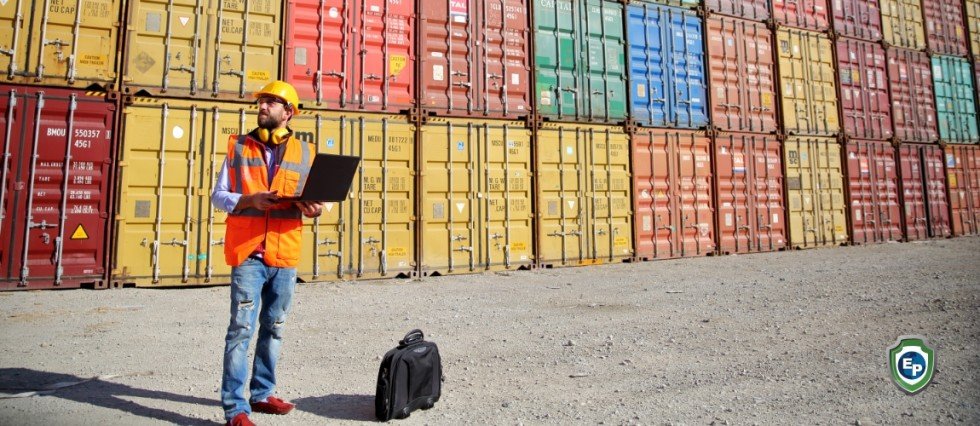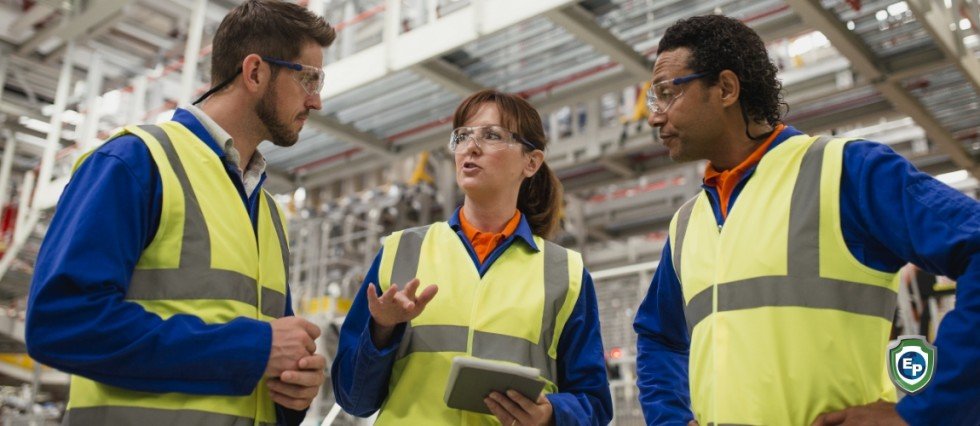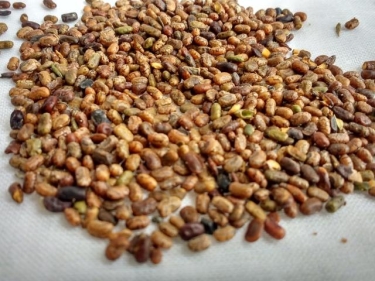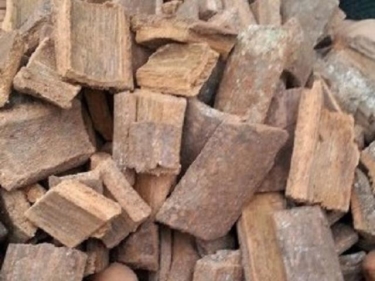Blockchain Unveiling Its Potential for Customs and Trade
Blockchain is a new technology that has the potential to disrupt many industries. Indeed, it has recently begun to present its potential for customs and trade, bringing data integrity to the supply chain. Come read our blog to learn more.

Blockchain is a new technology that is likely to change many industries. The technology is secure, efficient, transparent, and incorruptible. It has many applications, including within the global supply chain.
What Is Blockchain?
Blockchain is an open ledger of data distributed and verified by a peer-to-peer network rather than through a central server. Since it's distributed and not centralized, blockchain is more secure and (thus far) unhackable.
The decentralized distributed ledger technology enables digital asset creation, validation, and encryption to happen and become incorruptible records. A supply chain can use blockchain as an exchange network between peers without the need for intermediaries.
The product, information, and finances must flow between participants within a supply chain. The blockchain offers an irrefutable and immutable action, so seeking the truth is more straightforward. As a framework, it has the following properties:
● Cryptocurrency
● Computing infrastructure
● Transaction platform
● Decentralized database
● Distributed accounting ledger
● Development platform
● Open source software
● Financial services marketplace
● Peer-to-peer network
● Trust services layer

What Blockchain Can Do for Customs Control and Global Trade
A blockchain framework adds data integrity to the supply chain. As a product moves through the supply chain, the blockchain will be able to store data through every transformation or change of hands. That includes its storage, location stops, inspection, clearances, etc. The data will be complete and trustworthy once it reaches the authorities.
The blockchain can hold multiple forms of information in a single framework, such as a bill of lading or chain of custody. The information will be transparent and accessible to suppliers, transporters, buyers, regulators, and auditors. It will make it easier for customs to view accurate data regarding the seller, buyer, price, quantity, carrier, finance, insurance, and other pertinent information for the goods in question. Customs can also keep track of the location and status of goods in real-time.
Duplication of tasks, documents, and process is common in customs and global trade. Using blockchain, participants can save time, money, and effort because they won't need to reproduce the information and submit it manually to the authorities or trading partners. The transactions will use original data supplied at the source, making it a simpler system.
The increased security of a blockchain reduces the opportunities for corruption or collusion, a common problem that adds to the cost of trade. It is difficult to alter or tamper with data because the ledger is a single, consensus-based source of truth.
It's a matter of time before blockchain becomes a staple in the supply chain. It will help give credence to the source of goods and their transition through the supply chain.
Keep Up-To-Date with Export Portal
Export Portal is here for all global importers and exporters and has resources for everything international trade-related. To learn more about our exclusive resources, make sure to check out our site today!


















Comments 0